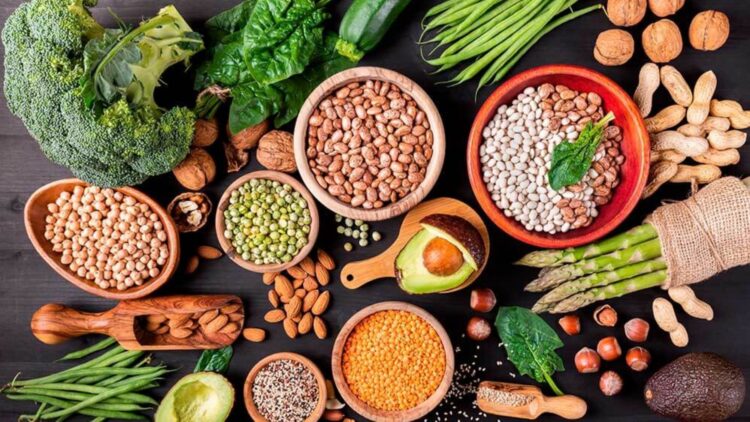According to experts, especially heart surgeon Dr. Steven Gundry, it is not necessary to consume animal protein daily. This statement is supported by the effects of excessive red meat on the human body, such as inflammation, an increased risk of chronic disease, and accelerated aging. Why does this happen? Red meat contains a sugar molecule called ‘Neu5Gc.’ This is a component that the body identifies as a foreign invader, triggering an immune response to destroy it. In the long term, this can lead to inflammation.
Each individual and each body has its own needs, so if one wants to make a dietary change, it is always recommended to consult with their doctor. However, there are many people for whom the change has been positive, replacing animal protein with plant-based protein, thus including fiber, healthy fats, and anti-inflammatory polyphenols in their diet. The options given by Dr. Gundry are, first of all, lentils, which are high in protein and low in calories. Hemp seeds are one of the few plant proteins that contain essential amino acids.
They are also rich in omega 3, magnesium, and gut fiber. Baru nuts are a high source of fiber and antioxidants. The fourth place is for spirulina, an algae that contains iron, B vitamins, and a powerful antioxidant, phycocyanin. Flaxseeds are another fantastic option, as they are a source of protein, omega 3, and lignans. Finally, he recommends sorghum, an ancient grain with a sweet and nutty flavor.
Alternatives to animal protein
According to some experts, animal protein can be replaced by plant protein without the need for supplementation. This is the case of Dr. Steven Gundry, a cardiologist and surgeon, who declares he is “not a big fan of meat,” making special reference to sources cultivated in factories. There are numerous studies that show that excessive red meat has harmful effects on the body, such as inflammation, an increased risk of chronic diseases, and accelerated aging.
It has been demonstrated that red meat contains a sugar molecule called “Neu5GC,” which is identified by the body as a foreign substance. As a natural response, the body generates an immune response to destroy it, which leads to long-term inflammation. Many high non-meat protein products have also been linked not only as a source of protein but also have been shown to have benefits for brain functions and longevity.
Protein source suggestions
Dr. Gundry has listed 6 foods that are not only high in protein but also contain other beneficial nutrients for health such as fiber, antioxidants, or fatty acids. If you feel like trying some of them, take note:
Spirulina
It is a blue-green algae whose weight is almost 70% protein. It is considered the most protein-rich food on the planet, also accompanied by iron, B vitamins, and phycocyanin, an antioxidant that helps brain and immune function. It is usually taken in juices or smoothies, although it can also be found in tablet or powder form.
Hemp-seeds
It is a source of complete protein, as it is one of the few that contains all nine essential amino acids. They are rich in omega-3, magnesium, and dietary fiber. But be careful! You should ensure to choose it cold-pressed and without added sugars.
Lentils
Among the options that legumes offer, it has the highest protein content, in addition to being the lowest in calories. They are high in resistant starch and prebiotic fiber, which feeds the intestinal microbiome.
Barù nuts
Originating from the Cerrado region in Brazil, they are the richest in protein among all nuts. They are also a source of antioxidants and fiber, and their crunchy texture adds an extra benefit.
Sorghum
It is an ancient grain high in protein, with a characteristic flavor resembling that of nuts with sweet notes. It is a good alternative to quinoa, and it is even more protein-rich, with 21 grams of protein per cup!
Flaxseeds
These seeds are a great source of omega 3, proteins, and lignans, which promote hormonal balance.
Remember that if you are planning to make a dietary change, you should always consult with a professional before doing so.
